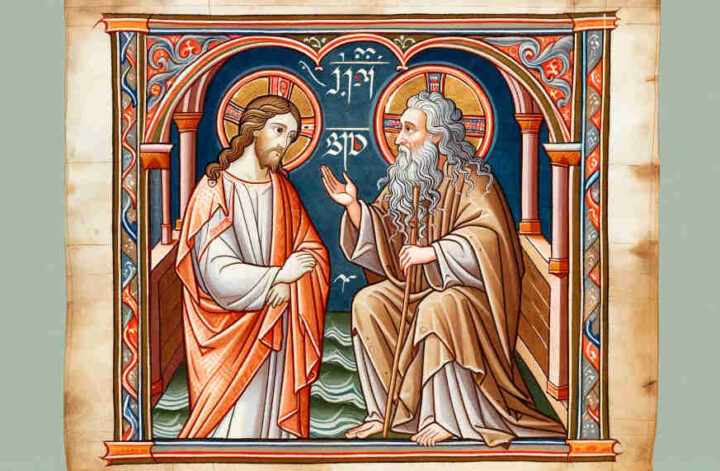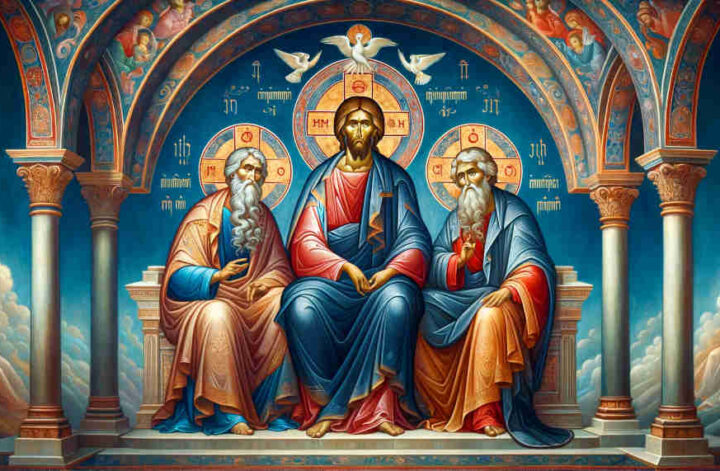Email from a reader: “Dear Rabbi Joshua, I have been exploring various religious traditions and am curious about the relationship between Christianity and Noahidism. Is Christianity considered a type of Noahidism? Thank you for your insights. Sincerely, Emily Jacobs”
Dear Emily,
Thank you for your thoughtful and intriguing question. It provides an opportunity to explore the nuanced relationship between different faith traditions and their foundational principles.
To address your question directly: No, Christianity is not typically considered a type of Noahidism. To understand why, we must delve into the fundamental tenets and origins of both traditions.
Noahidism:
Noahidism, or the Noahide Laws, are a set of seven moral laws that, according to Jewish tradition, were given by God to Noah as a binding set of laws for all humanity. These laws include prohibitions against idolatry, murder, theft, sexual immorality, blasphemy, and the eating of flesh torn from a living animal, as well as the imperative to establish courts of justice. These laws are seen as a universal moral code intended for all people, regardless of their religious background, and do not require adherence to the full body of Jewish law or conversion to Judaism.
Christianity:
Christianity, originating from Jewish teachings, diverged significantly with the introduction of new doctrines, especially those centered around Jesus of Nazareth. Christians believe in Jesus as the Messiah and the Son of God, a belief not held in Judaism or Noahidism. Central to Christian doctrine is the belief in the divinity of Jesus, the significance of his death and resurrection, and the concept of the Trinity. The Christian faith has its own sacred scriptures, including the New Testament, which are distinct from Jewish texts.
While Noahidism and Christianity share certain moral values, such as the importance of justice and the sanctity of life, they differ fundamentally in their beliefs, especially regarding the nature of God, the role of Jesus, and the canonical scriptures. The unique theological tenets of Christianity, particularly the belief in the divinity of Jesus, place it outside the scope of what is traditionally considered Noahidism.
It’s important to recognize that both Noahidism and Christianity, alongside Judaism, contribute to a rich tapestry of spiritual and moral guidance. Each tradition, while having its distinct beliefs and practices, offers pathways to understanding and connecting with the divine.
Emily, your quest for understanding across religious boundaries is commendable. In an increasingly interconnected world, such exploration fosters deeper respect and harmony among diverse faith communities.
May your journey be filled with enlightenment and peace.
Warm regards,
Rabbi Joshua



